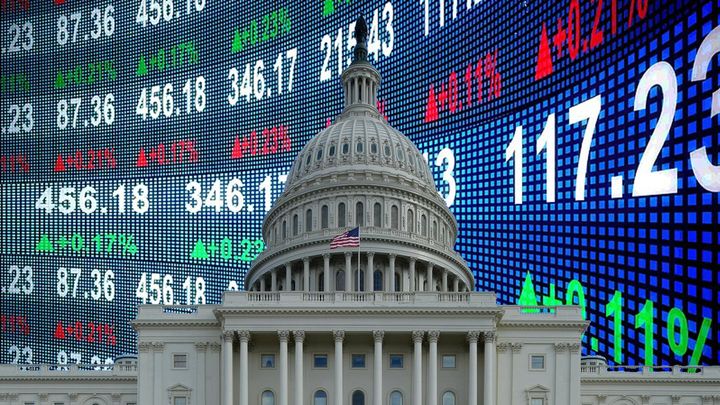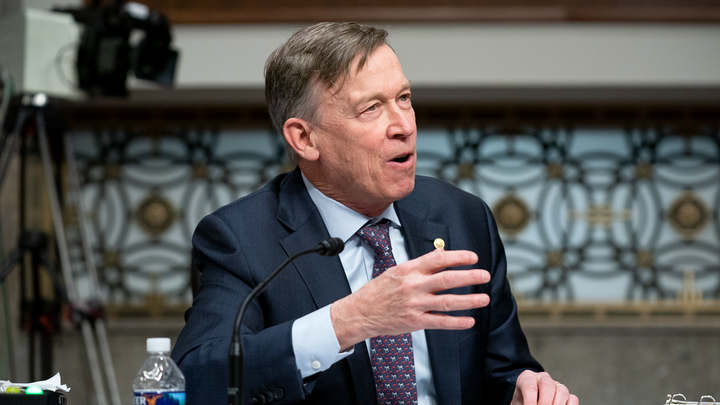Following public outrage over recent congressional stock trading scandals that look a lot like insider trading, momentum is growing in Congress for banning members from making trades.
Several bills on the issue have recently been proposed and some of them have been steadily racking up cosponsors. Speaker Pelosi reversed her position and said she is open to holding a vote on stock ban legislation, and the House Administration Committee has scheduled a hearing to consider the laws governing congressional stock trading and reforms that could be adopted to improve compliance.
Several of the proposed stock ban bills, however, have loopholes that would likely limit their effectiveness. Sludge previously wrote about a loophole in some of the proposals that would allow senators and representatives’ spouses to continue trading stocks. But there is also another loophole in some of the bills that pertains to the types of investments that would be targeted.
The two leading stock trade-banning bills, in terms of number of cosponsors, are the Ban Conflicted Trading Act (H.R. 1579 and S. 564) and the TRUST in Congress Act (H.R. 336). Both bills would prohibit members of Congress from trading corporate stocks, but they contain the same exemption: they would not apply to widely held investment funds, which is defined in the legislation as a fund that is either publicly traded or composed of assets that are widely diversified, and where the investor does not exert control over the assets held by the fund. So while members of Congress would be banned from trading individual corporate stocks, they would still be allowed to trade products like mutual funds or exchange-traded funds composed of bundles of corporate stocks.



